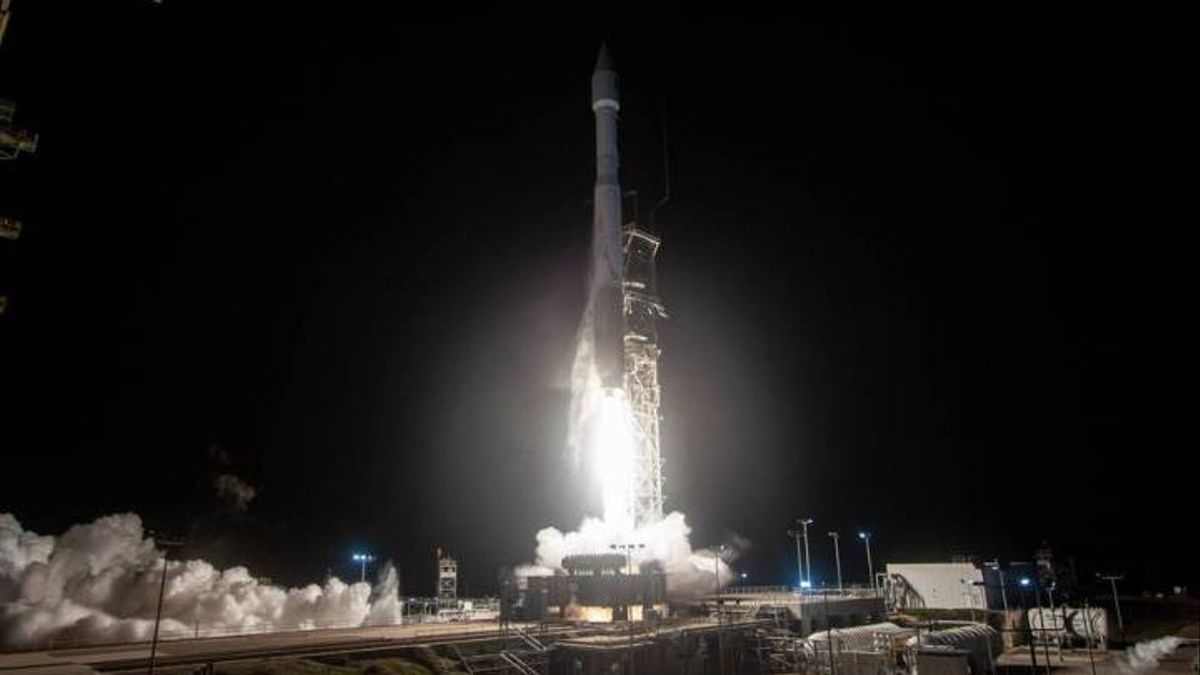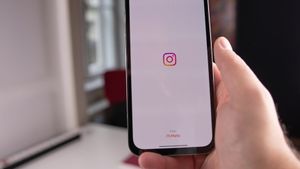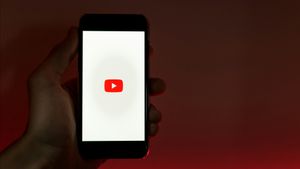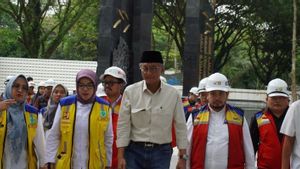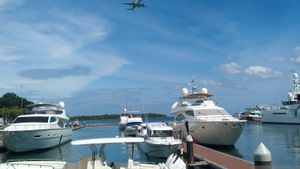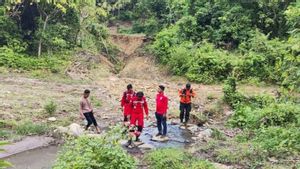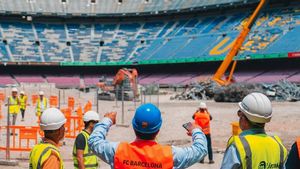JAKARTA - NASA recently launched a new weather satellite, JPSS-2, into polar orbits around Earth. Along with the launch, they also carried out a new inflatable heat shield test called LOFTID.
Low Orbit Flight Tests from the Inflatable Deelector (LOFTID) are aeroshell demonstrations that can slow down and protect payloads, such as rovers or astronauts on spacecraft, as they descend through the planet's atmosphere.
In short, LOFTID is a key component of the human landing system for Mars. To test the Loftid on Earth, NASA sent it into space aboard the United Launch Alliance Atlas V rocket from the Vandenberg Space Force Base in California, Thursday 10 November.
The rocket's main mission was actually to send the weather satellite into orbit, but LOFTID was on the way. LOFTID was tested by releasing it after the satellite was deployed, well above Earth, where it self-inflated and re-entered the atmosphere.
Within minutes, LOFTID plunged into the Pacific Ocean, from which heat shielding and data modules were found. LOFTID itself is made up of high-tech to withstand conditions in space and extreme heat while moving through the atmosphere.
The inflatable shield will create more obstacles when moving through the Martian atmosphere, a process that NASA equates with giant brakes. This means, LOFTID can help deliver larger and heavier loads to the Martian surface.
NASA will be working on analyzing the heat shield performance based on sensor and camera data to see how effective it is. That information will help develop an upcoming version of the design. One day, it will probably see LOFTID style aeroshell in action elsewhere besides Earth.
While launching Digital Trends, Monday, November 14, JPSS-2 is now operating as expected. The satellite will be part of the weather monitoring and prediction network run by NASA and the National Oceanic and Atmospheric Administration (NOAA).
"NOAA is an important partner of NASA in providing important data on climate change, weather predictions, and environmental modeling for the benefit of citizens both in the US and around the world," NASA Association Administrator Bob Cabana said in a statement.
The English, Chinese, Japanese, Arabic, and French versions are automatically generated by the AI. So there may still be inaccuracies in translating, please always see Indonesian as our main language. (system supported by DigitalSiber.id)
